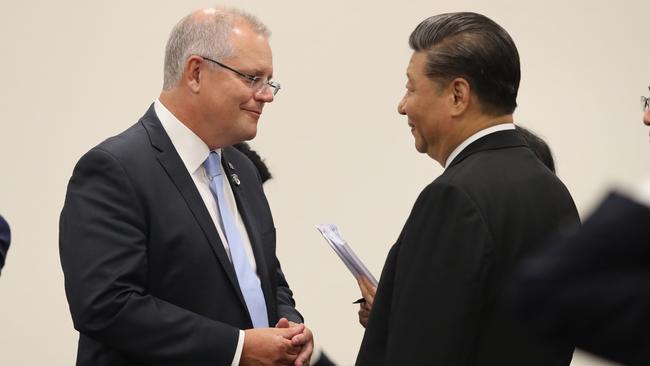
For the Prime Minister explicitly supports US President Joe Biden’s renewed determination to get his intelligence agencies, among other institutions, to work out the origins of the Covid-19 pandemic, implicitly including the possibility it escaped from the Wuhan Institute of Virology.
Morrison links Canberra’s support for Biden’s efforts to its earlier call for an independent inquiry into how the pandemic broke out and where, ultimately, it came from.
This entirely reasonable suggestion by Australia in March last year infuriated Beijing.

The fact Donald Trump has come back to this issue in the past week probably damages the prospects of Biden’s inquiries. It was Trump’s support for the lab leak thesis that rendered it politically toxic.
Trump had told so many outrageous lies that by the end of his presidency, a natural scepticism greeted anything remotely unconventional he said. But it is possible that something can be true, even if Trump says it’s true.
Morrison is right to encourage Biden down the line of diligence in establishing the origins of Covid-19 because, as he argues, we can better prevent the next pandemic if we understand the origins of the last one.
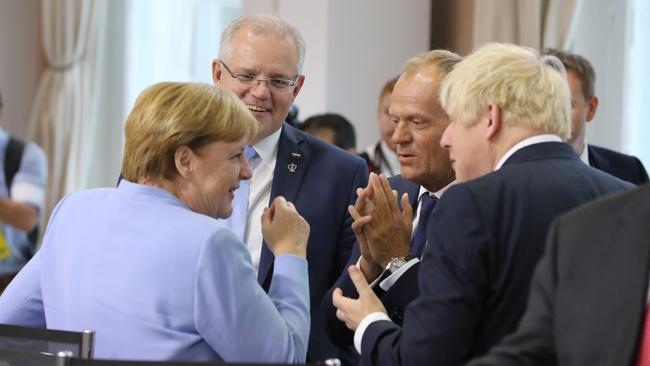
The speech is quintessential Morrison: blunt, direct, clear, eloquent enough but uncompromising and absolutely unmistakeable in its values and its conclusions.
It argues vigorously for the maintenance of a liberal rules-based international order, but this is a liberal internationalist argument made with the heavy heart of a deep realist.
Morrison proposes addressing trade coercion by re-establishing the binding disputes resolution procedures of the World Trade Organisation.
He is absolutely right to make this argument.
When it does work, the WTO is the only bit of the international institutional system that really has a big effect because nations make binding commitments under it. These commitments matter because they affect money, goods and investments.
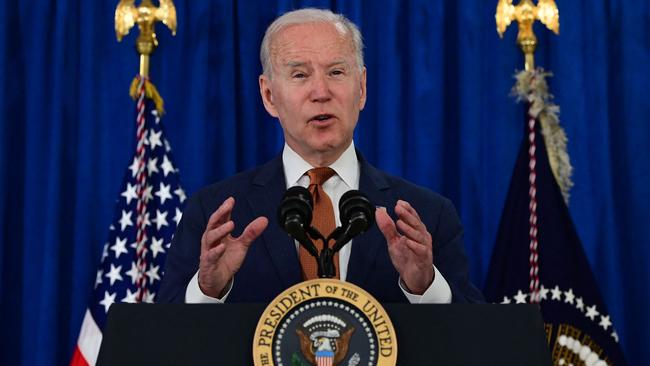
Biden is in favour of reviving the WTO whereas Trump thought it a counter-productive waste of time, which, even when it rarely worked, only had the effect of hamstringing the US.
Nonetheless, even in its heyday, the WTO rarely incommoded major economies. Even with Biden in the White House, the prospect of the WTO actually ending Chinese trade coercion is somewhat less than the prospects of my winning the US Ladies Professional Golf Association championship next year.
It’s right to make the effort, though, because Western liberal nations must show they are willing to abide by a rules-based system, and the WTO, when things are going well, can help smooth out minor trade wrinkles among liberal nations.
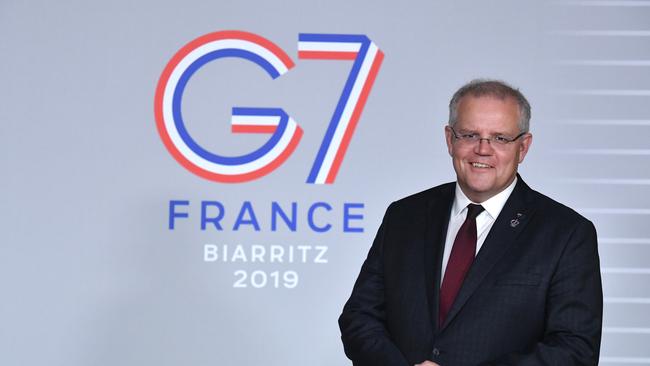
The real solution to trade coercion rests in the more fluid yet deeply realistic parts of Morrison’s speech where he talks of the need to secure supply chains in all the things that count: new tech, artificial intelligence, machine learning, rare earths, medical equipment and so on.
Each nation can’t and shouldn’t make everything, but a reliable supply chain means manufacture by a reliable country that doesn’t engage in trade coercion and hopefully shares key values and interests with us.
Thus while the orthodox liberal internationalist parts of Morrison’s speech talk of a global, rules-based system, the more meaty bits of the speech effectively talk of trade, and the world, being divided between countries you trust and countries you don’t trust.
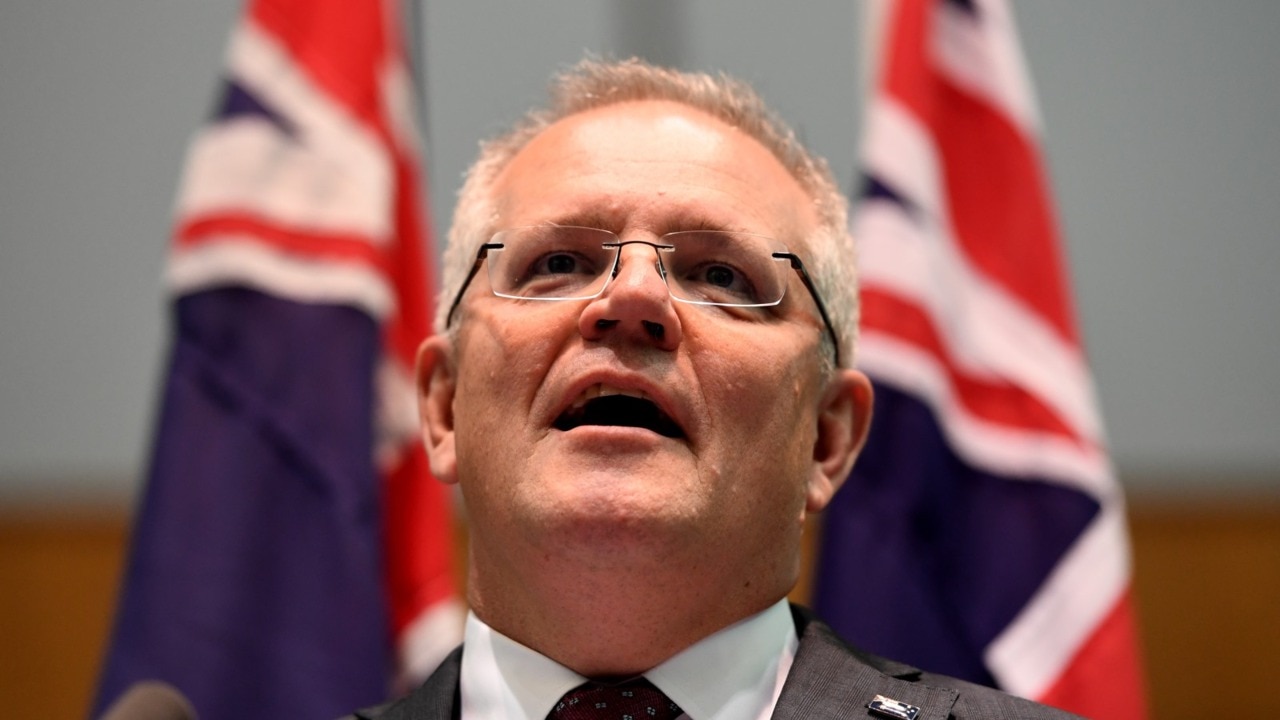
That the G7 nations invited India, South Korea and Australia to attend is telling. Here are all the great liberal economies and liberal societies.
Morrison has been invited to G7 summits three years in a row now, which suggests that while other democratic leaders may not speak as directly – bluntly or clearly, take your pick – as Morrison does, they share a good deal of his vision.
A hard vision based on hard reality.


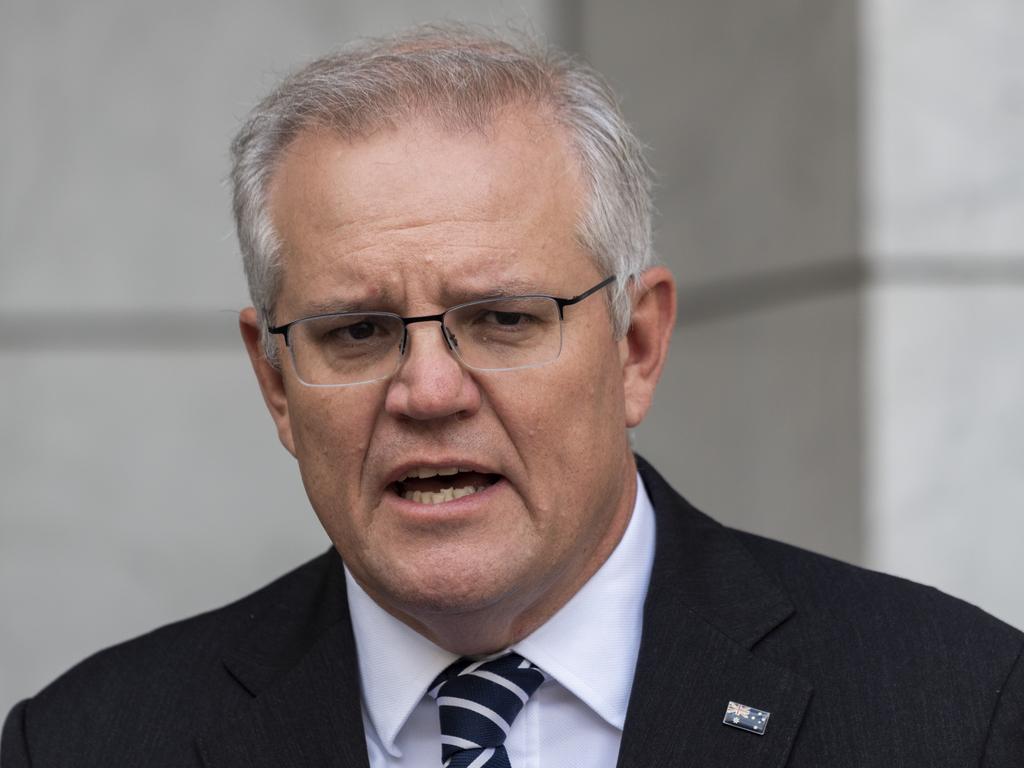


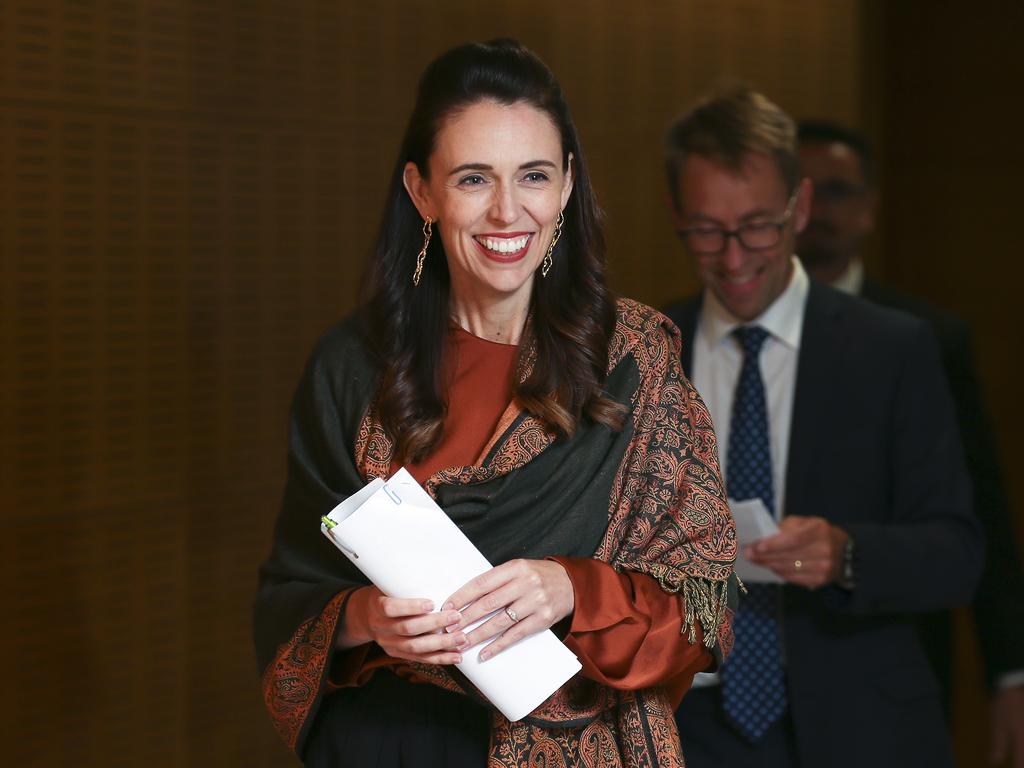


In Scott Morrison’s stirring call for liberal democracies to have faith in their faith, to act out their beliefs, to address the day, he as usual risks once more mightily offending Beijing.